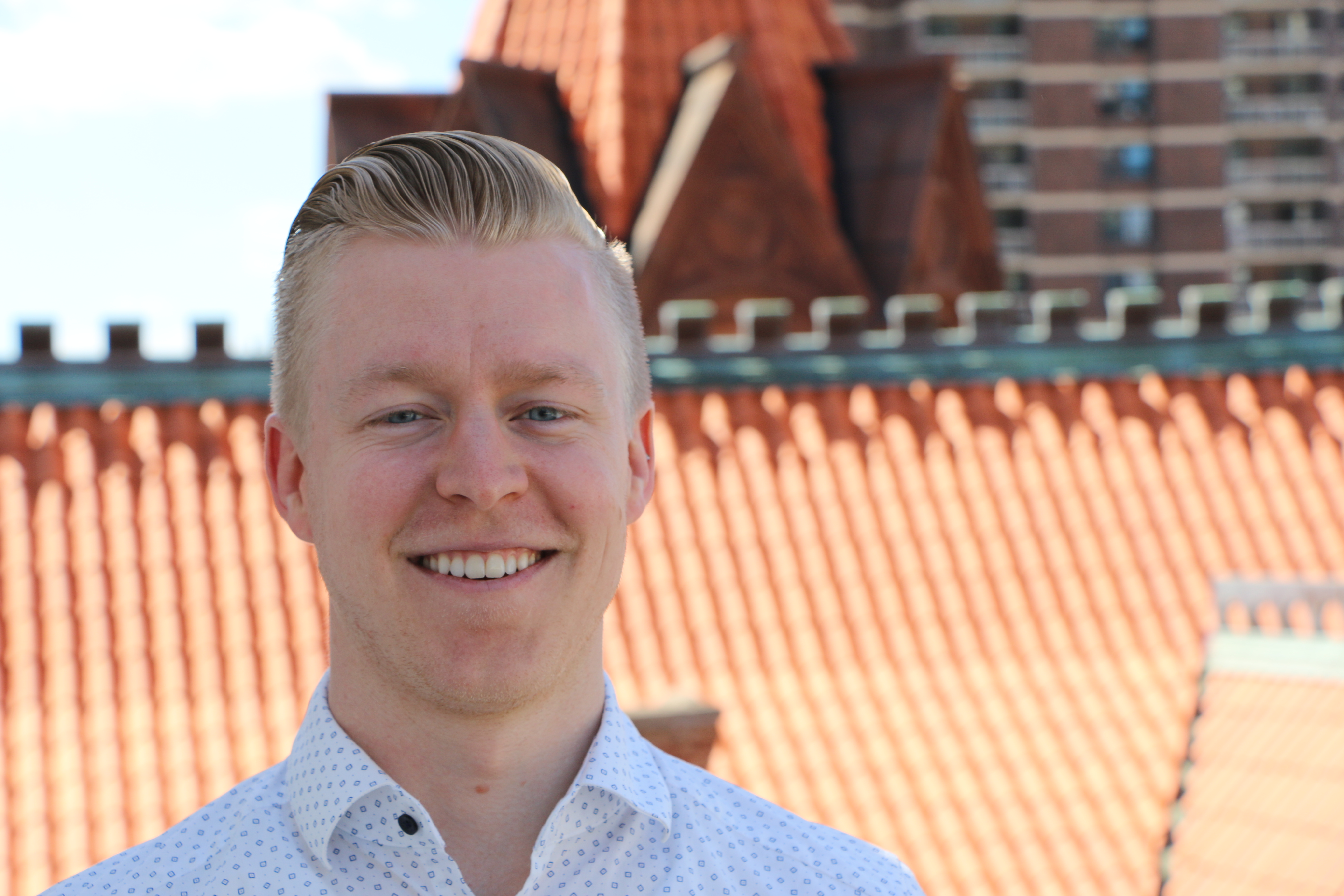Blog

Building Homes, Transforming Lives
September 13, 2018To celebrate breaking ground on our West 127th Street supportive housing residence, we sat down with Joseph Frewer, CUCS’s Director of Property Development. Joseph has played an integral role in this exciting project and provided us with an inside look at its progress, his career in housing development, and what the future holds for property development at CUCS.
Tell me a little about your background.
I was originally interested in international relations and development. In high school I worked with Amigos de las Americas, an organization similar to Peace Corps, where volunteers help international non-profits with community projects. I worked in Nicaragua for a summer, which sparked my initial interest in international relations, which I went on to study at Pomona College. After graduating, I went back to work as the supervisor and then director of a project in Mexico.
After my time working abroad, I moved to New York in 2012, where I worked as a financial adviser with a non-profit that provides financial counseling for low-income New Yorkers. There, I learned about local poverty programs and the day-to-day challenge of making ends meet in New York. I’d always been interested in housing and urban development, but that job gave me a richer understanding of our housing crisis and how it affects people. I ended up going to the New School for their Masters in Urban Policy program and specialized in housing.
How did you get connected to CUCS?
A year into my graduate program, I heard about CUCS through a former colleague and got a summer internship here. My first big task was helping coordinate the move of our transitional housing community at 350 Lafayette to Prospect Place. I also did a lot of work on our ongoing Drop-In Center and Safe Haven project on 14th Street. After that summer, CUCS hired me as a part-time associate while I finished my program. In 2017, I graduated from the New School and became the Director of Property Development.
What are some of the projects you are currently working on?
One of the biggest projects is West 127th Street, which is the first new construction that I get to see from financing to occupancy and CUCS’s largest permanent housing development yet. I’ve learned so much and feel a lot of pride in what we have accomplished. The whole process showed me how well respected CUCS is in our field. Every step of the way we’ve benefited from the investment of our government and private sector partners because they know we will do a great job.
Just recently we celebrated the construction finance closing, an incredibly exciting milestone! The next step will be to take down the two buildings that are currently on the site. This is complicated by the fact that we are working in the center of Harlem and there are buildings on all sides of the development site. We’re hoping to start construction in October 2018, finish around August 2020, and start welcoming the new residents shortly after that. It will be a long but exciting process.
What is your favorite part of your job?
When I think about why I do what I do, what motives me is the end result. There are so many steps that go into developing housing and it can be extremely challenging, but when it’s complete you can look back and know that each little step went towards giving hundreds of people somewhere safe and comfortable to live and call their own. That is the most rewarding part of my job.
On a day to day basis, the people I work with make this job fun. They are both motivated by our mission and critically minded—which allows us to make organizational changes despite being such a large and established agency. We’re always working to improve the services we provide, even if that means making a change.
I also enjoy working with so many different kinds of people. I get to collaborate with architects and social workers to design spaces that meet the needs of our staff and clients, go on-site with contractors to discuss construction techniques, interview banks and syndicators to help cobble together a project’s financing, and continue to learn all about the City’s housing policy initiatives. So many different skill sets and professions interact to get these projects done, which keeps my job incredibly interesting!
